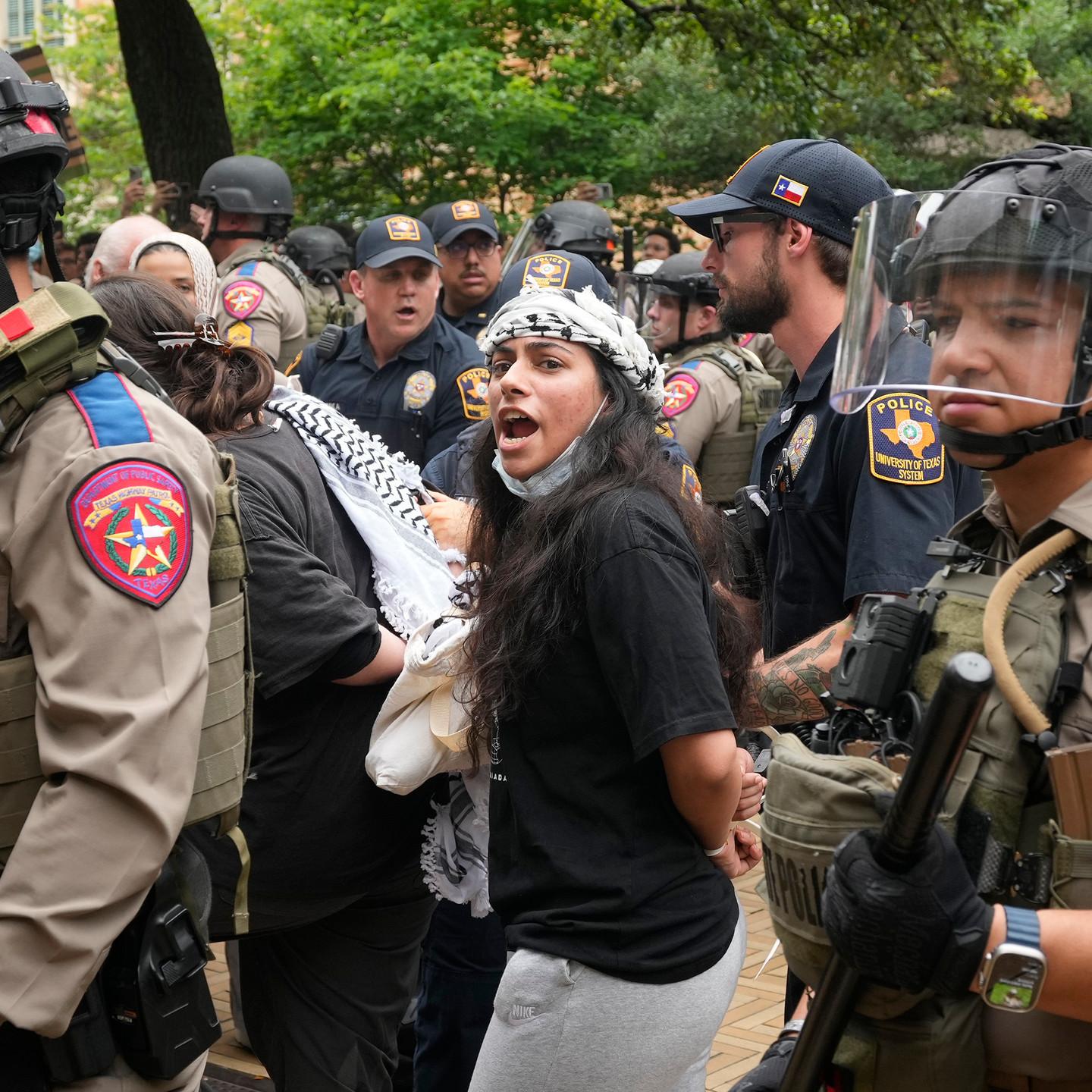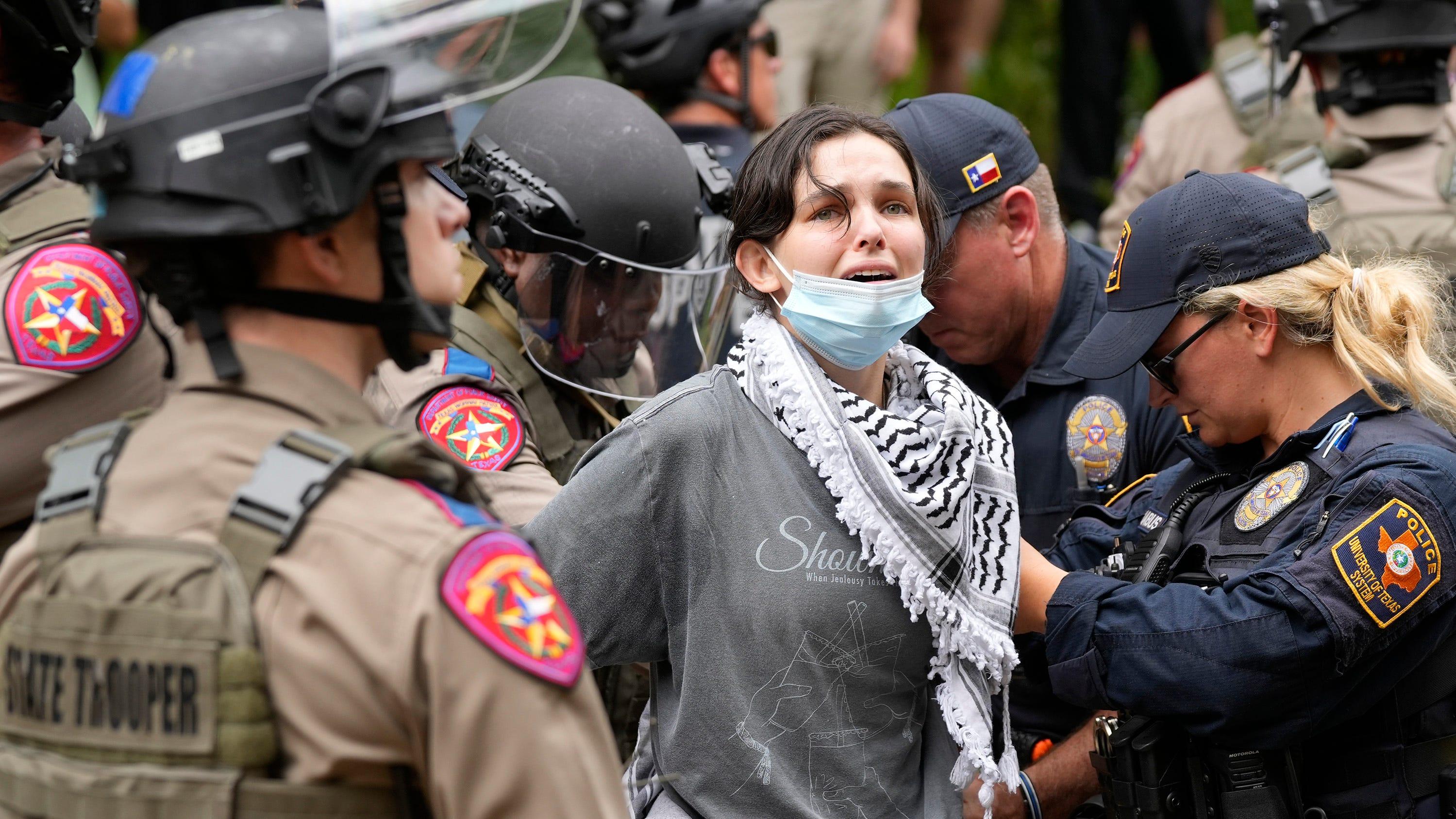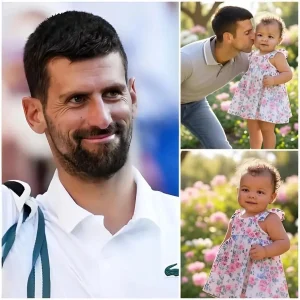The question of whether U.S. universities should expel students who support terrorist organizations is complex and stirs intense debate, balancing national security concerns with the principles of free speech and academic freedom. As institutions dedicated to learning, debate, and the exchange of ideas, universities face a delicate challenge when students express views or engage in activities that may be construed as sympathetic to extremist causes. The central issue is where to draw the line between protected speech and support for organizations that pose real threats to public safety.

In the wake of global conflicts and increased political polarization, American campuses have become forums where students voice opinions on everything from international policy to human rights. Occasionally, such expressions include rhetoric or symbolism associated with groups designated as terrorist organizations by the U.S. government. This raises concerns not only about the legal implications but also the moral and ethical standards expected of students at academic institutions.

Supporters of expelling students under such circumstances argue that universities have a duty to maintain environments free of extremism, hate speech, and advocacy of violence. They claim that endorsing or affiliating with a terrorist organization, even in symbolic or verbal form, crosses a line that should not be tolerated. For them, freedom of speech does not include the freedom to incite violence or promote ideologies rooted in terror. In this view, just as students would face disciplinary action for promoting white supremacy or violent extremism from domestic groups, they should face similar consequences for supporting foreign terrorist groups.
Moreover, proponents of expulsion argue that failing to act against such students could make campuses less safe for others, particularly those targeted by the ideologies of such organizations. Jewish, Muslim, LGBTQ+, and other marginalized students might feel threatened or unsafe if their peers are allowed to openly support groups with histories of violence and hate. Universities are not just places of learning but communities responsible for the safety and well-being of all students. Allowing support for terror groups, even under the guise of political speech, could lead to a toxic or dangerous environment.
On the other side of the debate, defenders of free expression warn against equating controversial or unpopular political views with direct support for terrorism. They point out that in a democratic society, individuals have the right to express opinions—even if those opinions are deeply offensive to others—so long as they do not engage in or incite violence. Critics of the expulsion approach argue that universities should educate, not punish, and that expelling students based on their beliefs risks creating a culture of censorship that undermines the core values of higher education.
There is also the issue of defining what constitutes “support.” Is it verbal sympathy for a cause? Displaying certain symbols? Attending a protest where slogans are shouted? The vagueness of what qualifies as “support” for a terrorist organization opens the door to potential overreach and abuse. In politically charged climates, students could be unjustly targeted for criticism of foreign governments or expressing solidarity with oppressed populations, especially when some governments label their opposition as terrorism for political reasons.
Furthermore, civil liberties groups caution that universities must avoid engaging in practices that echo government surveillance or “blacklisting” of students based on ideology. Such policies could disproportionately affect students from certain ethnic, religious, or political backgrounds and lead to violations of constitutional protections. Instead of expulsion, some argue for dialogue-based approaches, counseling, or academic programming that challenges extremist thinking through critical discussion rather than exclusion.
Ultimately, the question touches on competing imperatives: ensuring campus safety and moral accountability, while preserving freedom of thought and expression. Universities must walk a fine line, responding firmly to actual threats without punishing dissent or political activism that stays within legal bounds. There are no easy answers, but the debate reflects the broader tensions in American society between security and liberty, justice and speech, and fear and tolerance.






